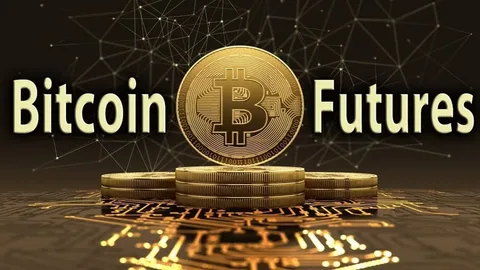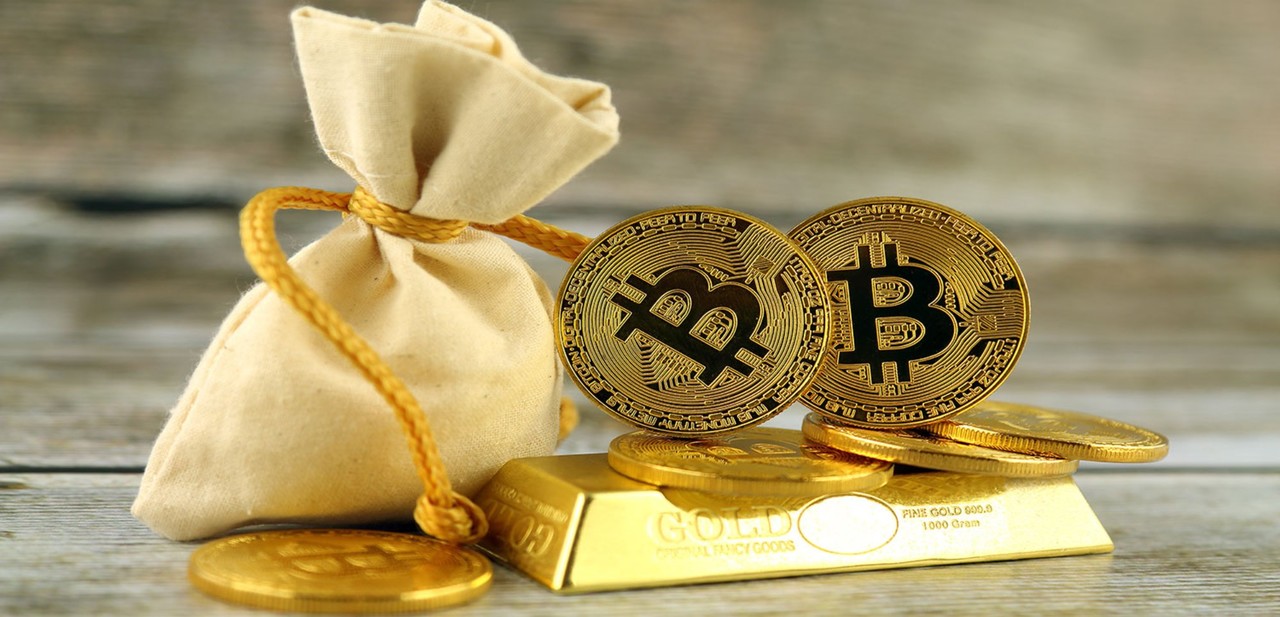MicroStrategy’s Saylor Replace Gold and embrace Bitcoin as the future of reserve assets. Learn why Saylor believes Bitcoin is the better choice for global financial stability. MicroStrategy CEO Michael Saylor has boldly suggested that Saylor Replace Gold with Bitcoin (BTC) as its reserve asset, sparking cryptocurrency and financial reactions.
Saylor, a longstanding Bitcoin supporter, has increased his public statements. His proposal for the U.S. to abandon gold for Bitcoin has raised questions about money, central bank reserves, and the global financial system.
This article explores the reasons for Saylor’s claim, the possible advantages of using Bitcoin in place of gold, and the ramifications for the US economy and international financial markets. It also looks at how Bitcoin is doing as a financial asset right now, its special benefits.
Why America Should Drop Gold
Michael Saylor has long claimed that Bitcoin may change banking. Business giant MicroStrategy holds billions in Bitcoin. Saylor believes Bitcoin is a better reserve asset than gold for the U.S. Saylor likes Bitcoin’s limited quantity. Bitcoin has a 21 million-coin limit, unlike gold, which requires mining and has worldwide supply networks.
Because central banks and governments cannot print bitcoin, it is safer than fiat money. Furthermore, compared to gold, Bitcoin is far simpler to store, transmit, and safeguard due to its digital nature. Physical storage and security infrastructure are not required while using Bitcoin.
Transactions can be completed nearly immediately and at a fraction of the price of gold transactions, and it may be safely stored in digital wallets. Because of this, Bitcoin is a more effective asset that is also more appropriate for the digital era.
Modern Gold Limitations
Gold has long been a safe investment and inflation hedge. Central banks globally hold massive gold holdings to support their currencies and prevent economic volatility. Gold as a reserve asset is risky in today’s fast-changing financial landscape. Gold is expensive and hard to store. Gold storage is expensive for governments with large stockpiles.
Gold transactions are slower and more expensive than Bitcoin since they require a trusted network. In a recent interview, Saylor Urges to Ditch Gold, emphasizing that Bitcoin is a safer and more effective money preservation option.
Furthermore, gold is difficult to divide. The smallest unit of gold is still a complete ounce, even if Bitcoin can be divided into smaller units called satoshis. Due to its inability to be divided, gold is less effective in today’s financial transactions, where instantaneous and micropayments are increasingly common.
Reserve Asset Future
Bitcoin surpasses gold because it’s digital and decentralized, especially as the U.S. dollar loses global trade share. Peer-to-peer Bitcoin is government-proof worldwide. Uncontrolled by central banks that issue money or manipulate gold reserves. Bitcoin attracts fiat currency-stabilizing nations. Bitcoin stores and trades value. Bitcoin’s fast transactions and inexpensive prices attract firms worldwide. Institutional and individual investors gain exposure. Bitcoin may replace gold as a global reserve.
 Bitcoin Benefits as Reserve
Bitcoin Benefits as Reserve
Bitcoin’s fixed supply hedges inflation, blockchain technology improves security, and it allows faster, cheaper cross-border transactions than gold. Bitcoin’s rising acceptance and liquidity make it an attractive alternative for diversifying reserves and protecting wealth. There are several key benefits to the idea of the U.S. government replacing gold with Bitcoin in its reserves:
Anti-Inflation Protection
Bitcoin is naturally deflationary due to its fixed quantity of 21 million coins. The U.S. dollar, on the other hand, can be created indefinitely, which could cause inflation and wealth erosion. The United States may safeguard its reserves against inflation and guarantee that its assets preserve their value over time by storing Bitcoin rather than gold.
Bitcoin Blockchain
The blockchain technology behind Bitcoin offers a safe and transparent method of storing assets. The Bitcoin network is extremely secure since transactions are unchangeable and validated by a decentralized network of nodes. Additionally, unlike gold, which needs costly and time-consuming logistics to move, Bitcoin may be moved quickly across borders.
Bitcoin as Reserve
Bitcoin is a desirable option for the United States as a reserve asset due to its increasing acceptance and liquidity in international markets. It is now simpler than ever for nations to purchase, sell, and hold Bitcoin because to the growing number of exchanges and institutional usage. Bitcoin’s value and liquidity will keep increasing as more businesses and governments embrace it.
Bitcoin vs. Gold
The United States can lessen its reliance on a limited and antiquated commodity by shifting away from gold. Gold mining is a costly and time-consuming process, and its value can alter in response to shifts in supply and demand or geopolitical events. In contrast, Bitcoin functions independently of these variables, offering a more dependable and stable substitute for reserve purposes.
Bitcoin has an edge
Bitcoin is the most well-known and reputable cryptocurrency. Bitcoin is the greatest cryptocurrency to replace gold in U.S. reserves due to its market capitalization and popularity. Bitcoin has a long history and a large community of creators, miners, and users. Its security and decentralization make it the most trustworthy coin blockchain. Bitcoin’s popularity and institutional support give it an edge over altcoins, which may encounter regulatory or acceptance issues.
Bitcoin Adoption Issues
Saylor Replace Gold with bitcoin, but there are challenges. Bitcoin’s volatility is serious. Bitcoin’s price volatility could endanger reserve-dependent governments. Bitcoin proponents say its volatility will decrease as it becomes mainstream and integrated into global financial institutions. Regulations are another concern. Governments worldwide struggle to regulate Bitcoin and other cryptocurrencies. Many governments use Bitcoin as an asset, whereas others regulate or ban it. Bitcoin’s global reserve asset status hinges on legislation.
Also Read: Price of $100,000 for Bitcoin Is Only the Beginning
In Summary
Saylor Replace Gold in favor of Bitcoin, highlighting its superior store of value in the digital age. Michael Saylor’s suggestion that the U.S. give up gold and buy Bitcoin shows the rising assumption that digital currencies may replace traditional assets in the global financial system. As the world goes digital, Bitcoin’s decentralization, fixed number, and expanding use make it a plausible gold replacement. Bitcoin’s unique qualities make it a good reserve asset despite its issues. More corporations and governments may recognize bitcoin’s value, making it the new gold.
[sp_easyaccordion id=”158″]










